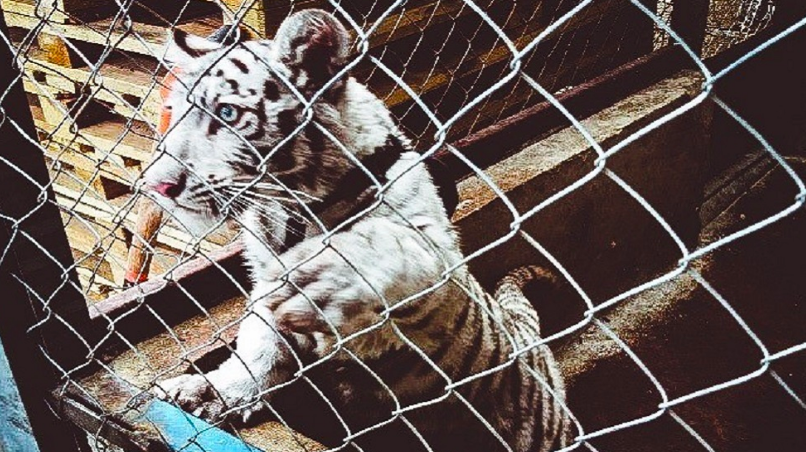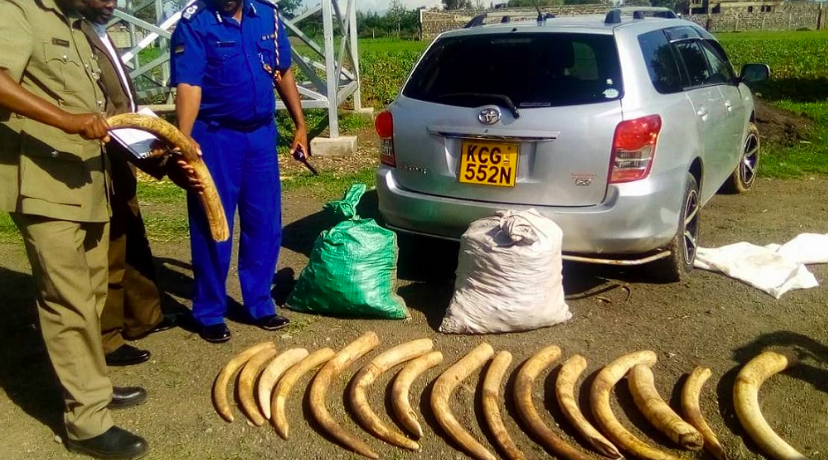Thousands of live wild animals seized in global smuggling crackdown

23 primates, 30 big cats, 4,300 birds, 1,500 reptiles and almost 10,000 turtles and tortoises were among the live wild animals seized by border officials in a global crackdown on organised wildlife crime.
During Operation Thunderball, Border Force officers in the UK made 168 animal seizures under CITES (the Convention on International Trade in Endangered Species) at ports and airports.
The operation, which ran across the world from 4 to 30 June resulted in authorities identifying 600 wildlife criminal suspects and led to arrests across 109 countries.

As well as banned animal products, the Border Force seized orchids and cacti, as well as pills and dietary supplements which claim to help people to lose weight and contain products from endangered plant species.
There were also seizures of ivory, rhino horns, game meat and timber.
Samantha Trackman, from Border Force’s CITES enforcement team based at Heathrow Airport, said: “Border Force officers have taken thousands of products out of circulation as part of Operation Thunderball.
“Wildlife crime has a devastating environmental impact and by joining forces internationally in operations such as this, we ensure that our efforts to tackle it are getting maximum results.”
Read More on Yahoo News:
Five ways to be a responsible wildlife tourist
Yahoo UK's 24 best animal pictures of 2018
The seizures also included products derived from crocodile, two bear skulls and skins, snakeskin products and rosewood ladders.
INTERPOL (The International Criminal Police Organisation) carried out Operation Thunderbird in 2017 and Operation Thunderstorm in 2018, which both targeted illegal wildlife and timber trade.
The illegal wildlife trade is the primary threat to the survival of various species, such as African elephants and many species of birds and reptiles.
Interpol Secretary General Jürgen Stock said: “Wildlife crime not only strips our environment of its resources, it also has an impact through the associated violence, money laundering and fraud.
“Operations like Thunderball are concrete actions targeting the transnational crime networks profiting from these illicit activities. We will continue our efforts with our partners to ensure that there are consequences for criminals who steal from our environment.”

 Yahoo News
Yahoo News 